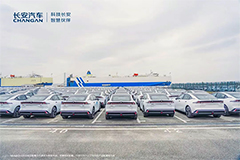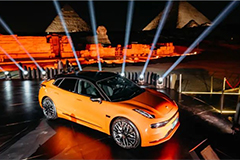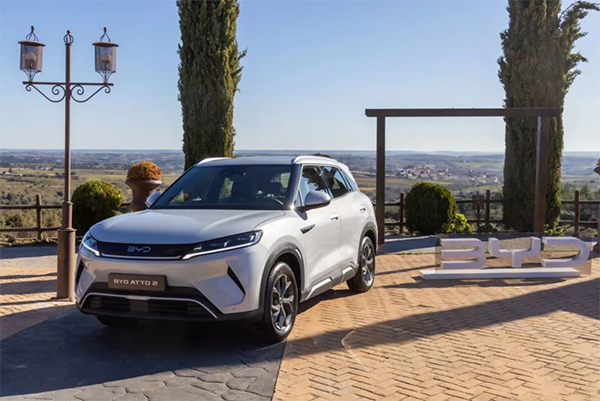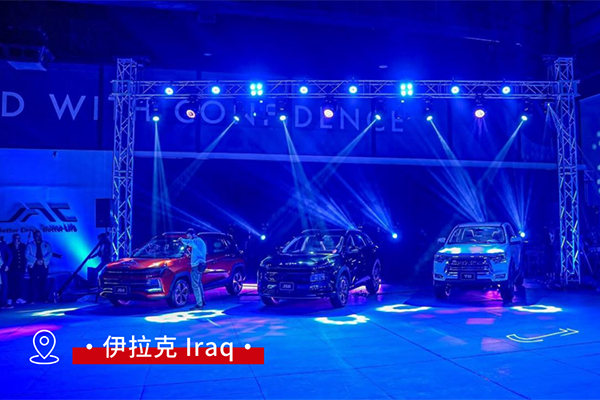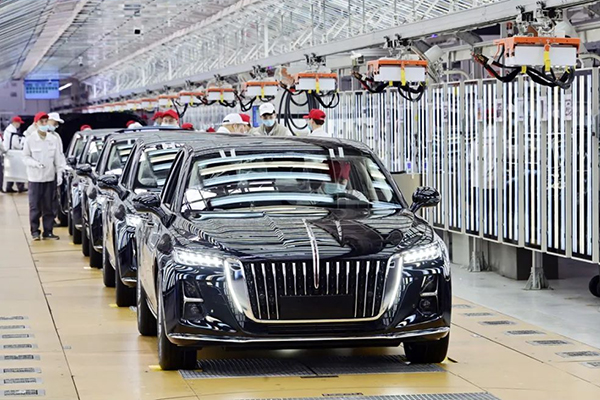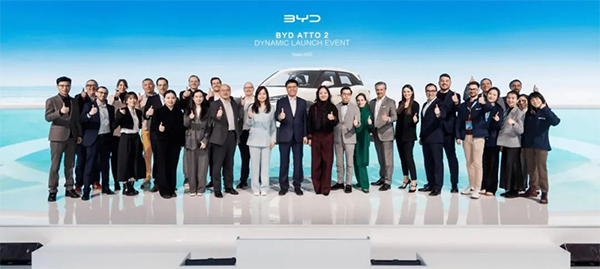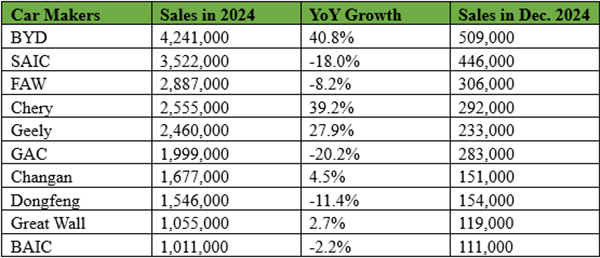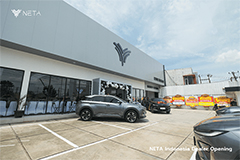Chinese smartphone giant Xiaomi's electric vehicle (EV) business unit is reportedly set to build extended-range electric vehicles (EREVs), as more local EV makers launch such models to target a larger market space.

Xiaomi's automotive unit has decided to develop EREVs, with related products already planned. Xiaomi is currently pushing ahead with the development of multi-generation vehicle platforms, the first generation of which will be launched next year.
Its second-generation platform's models are scheduled to launch in 2025, and the launch of its EREV models could come after the second-generation platform, judging by its current progress. Xiaomi's EV division is already hiring talent including EREV system development engineers, fuel system engineers, and exhaust system engineers.
In addition to Xiaomi, Zeekr, which previously only offered battery electric vehicle (BEV) models, has plans to launch EREV products.
China's current policy provides equal support for new energy vehicles (NEVs), including BEVs and PHEVs, with purchase tax exemptions, except for a handful of cities, including Beijing and Shanghai, where PHEVs are treated the same as internal combustion engine vehicle cars.
Compared to BEVs, PHEVs -- including EREVs -- are seen as completely free of range anxiety and therefore more acceptable to the average consumer, hence more room in the market.
The best-known Chinese automaker in the EREV space is Li Auto, which delivered a record 36,060 vehicles in September, its sixth consecutive record high. EV startups Leapmotor as well as Neta both now offer EREVs, with Leapmotor seeing a significant uptick in sales after it began offering such models.



